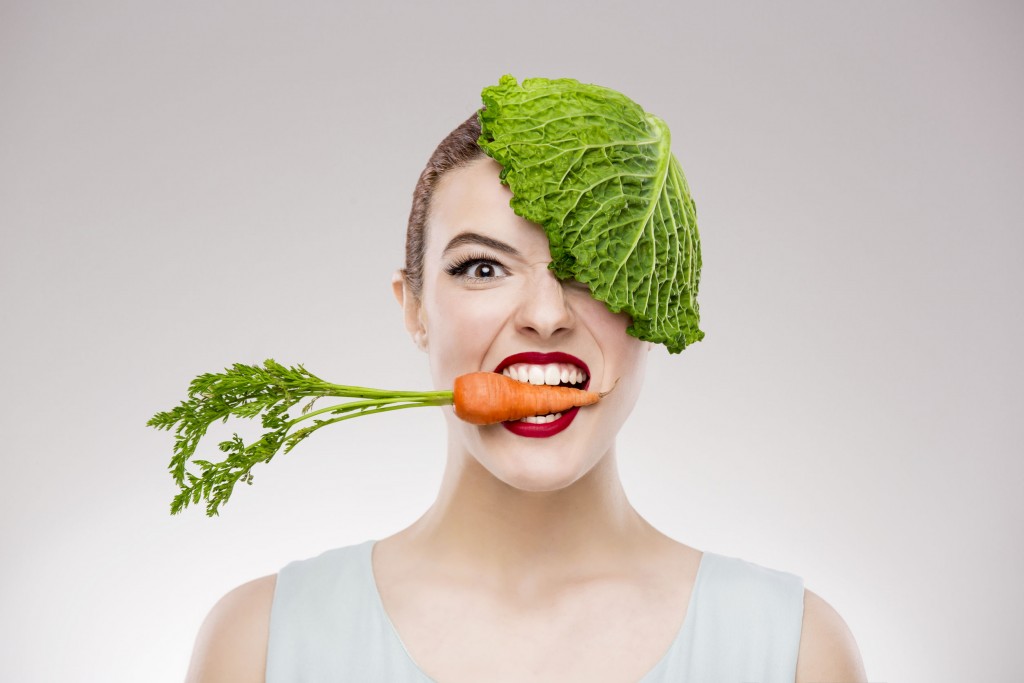We already know they help you see in the dark, but now carrots have another string to add to their bow; scientists claim they could cut the risk of women developing some breast cancers by 60 percent.
It’s long been known that eating a diet rich in beta-carotene, the chemical which makes vegetables like carrots, spinach, and red peppers so brightly-colored, is good for health. Beta-carotene is transformed into vitamin A in the body, which helps keep a host of processes healthy, such as vision and the immune system. It’s been linked to helping guard against heart disease and cancer, but a new study suggests it’s particularly beneficial when it comes to breast cancer.
The research was published in the American Journal of Clinical Nutrition, and used 1,500 women with tumors in their breasts and 1,500 without as its subjects. All were asked about their diets, as the team were trying to find a link between plant chemicals and cancer risk.
Blood tests allowed the group to investigate the amount of beta-carotene in the women’s bodies, alongside other organic compounds and nutrients derived from plants, like vitamin C.
It was discovered that those whose meals tended to be crammed with beta-carotene rich foods were 40 to 60 percent less likely to develop estrogen receptor-negative breast cancers. One in three women with breast cancer have the type of tumor caused by these kinds of cancers.
However, the level of the chemical didn’t have an impact on estrogen receptor-positive tumours, which the bulk of breast cancer cases exhibit.
Other plant chemicals didn’t have much of an effect either way, with one expert keen to point out that no food should be viewed as a magical cancer cure.
“We’ve long known that a healthy diet – carrots included – can help to lower your risk of breast cancer because it helps to maintain a healthy weight,” Dr Richard Berks, senior research communications officer at charity Breast Cancer Now, said.
“While it’s really important to eat vegetables as part of a balanced diet, there is unfortunately no such thing as a superfood when it comes to breast cancer risk.”
Still, channeling you inner Bugs Bunny every few days can’t hurt, right?


















